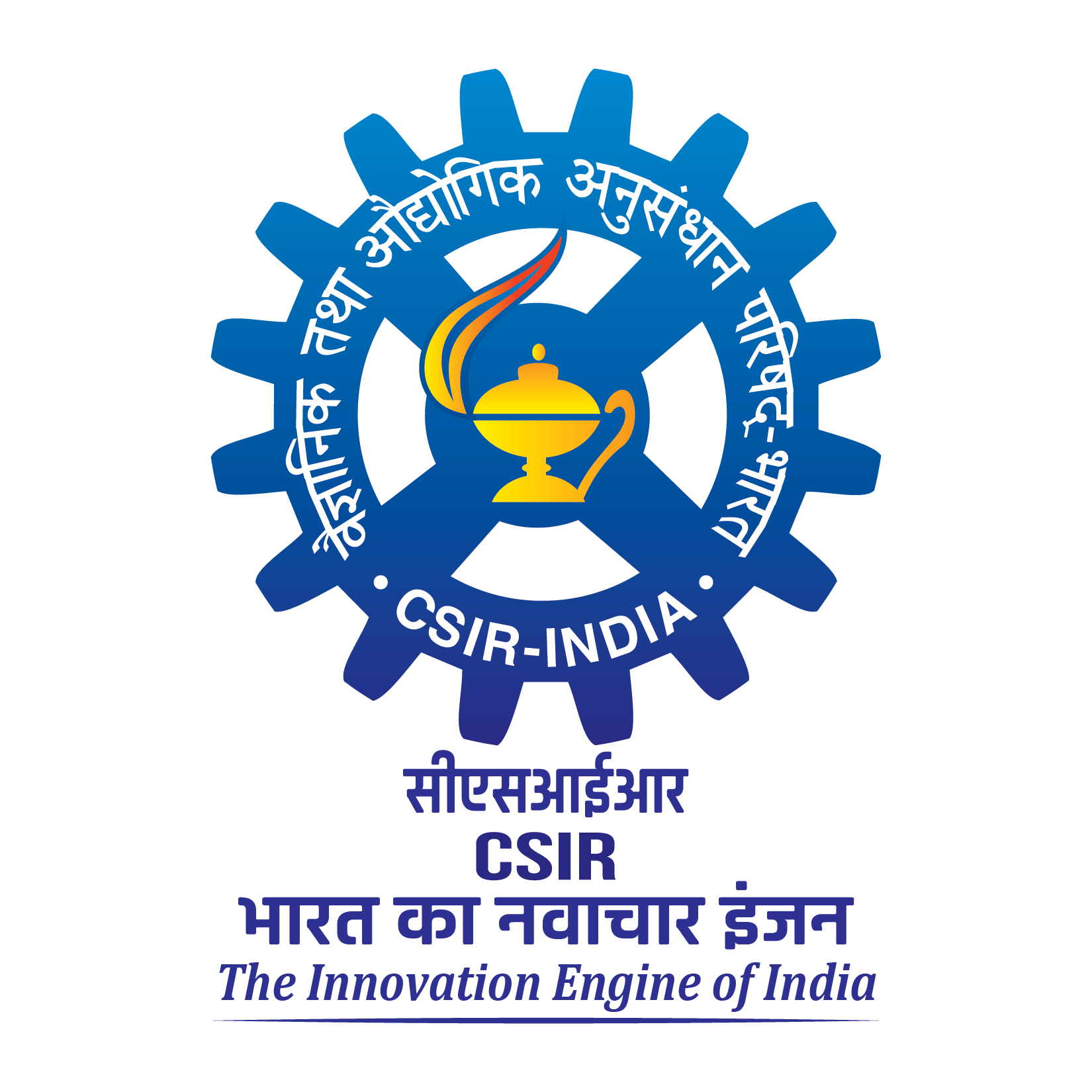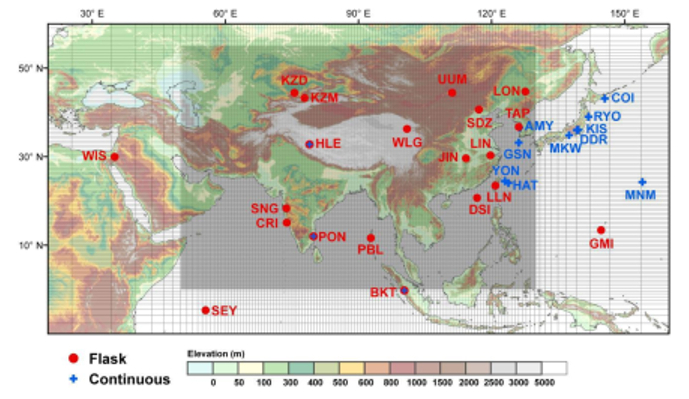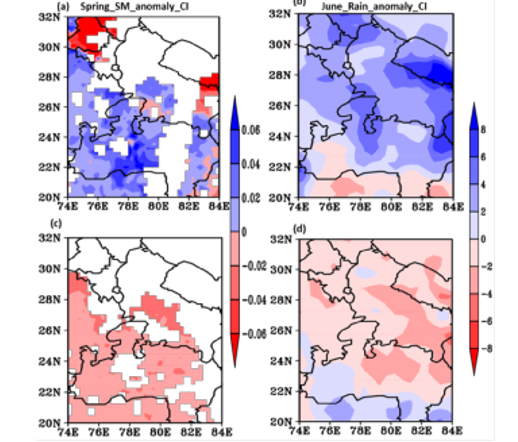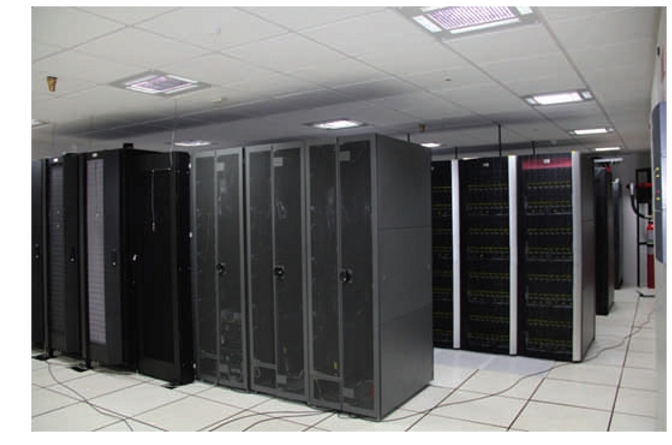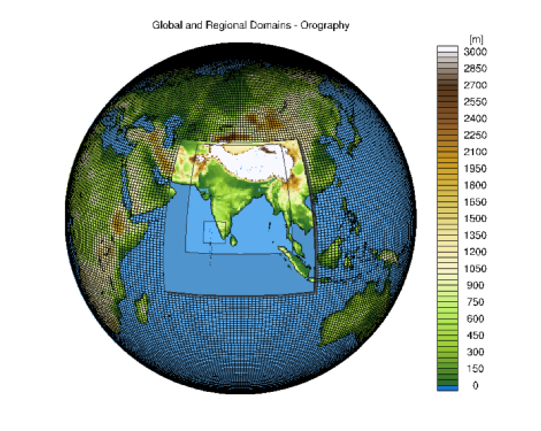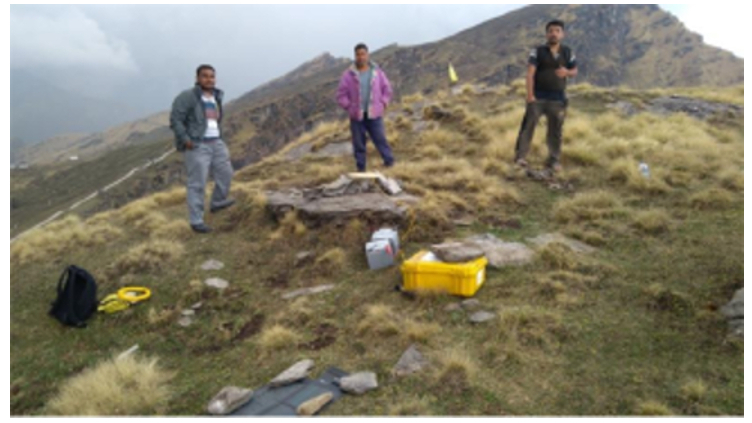Bigdata Research & Supercomputing Division (BRSD)
This division consists of:
- CSIR Centrealized HPC, AI & Data Science infrastructure
- General IT and associated support for the institute
- R&D in cyber security and privacy
- Development of domain agnostic data science tools & techniques
